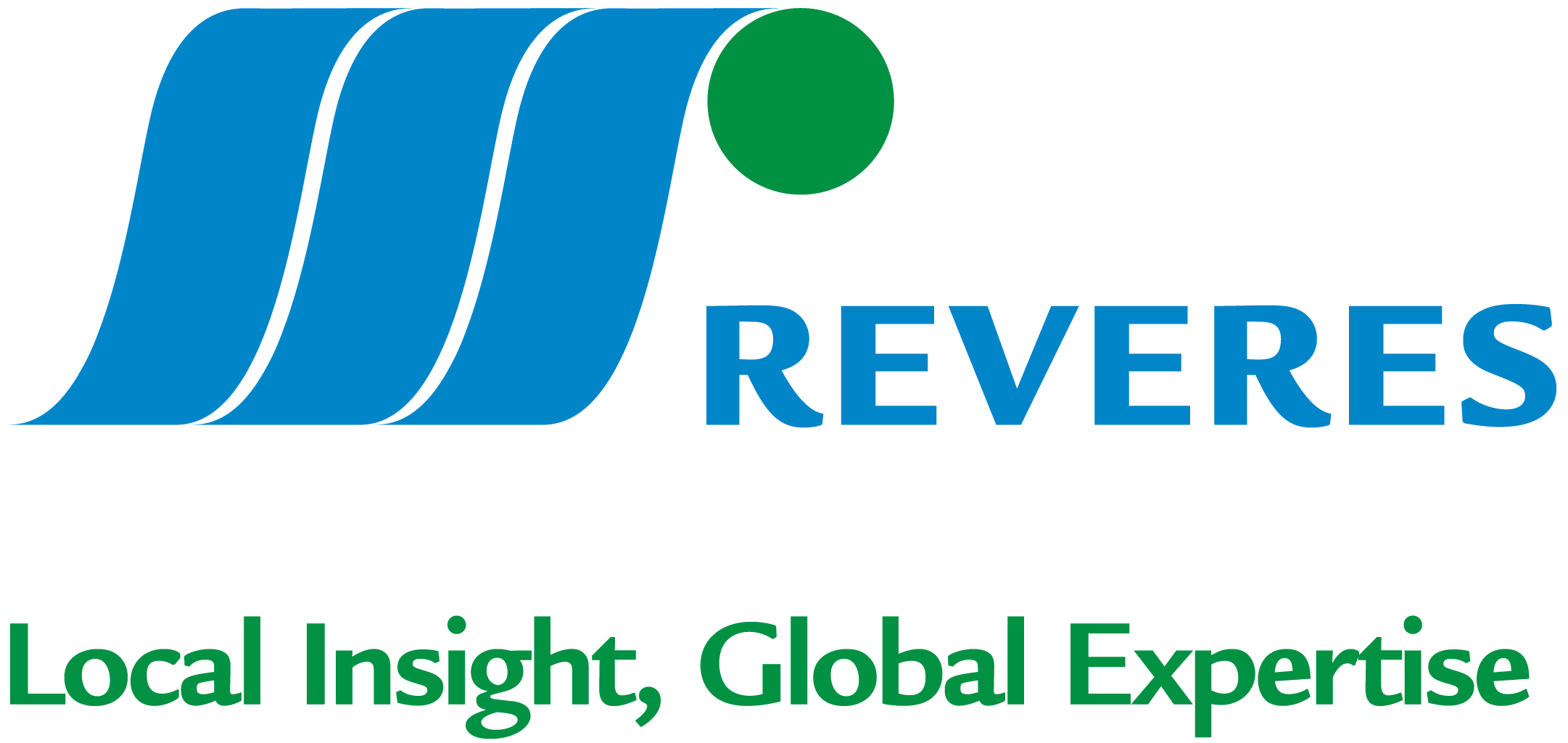Find out if you’re eligible for claims and medical benefits during the COVID-19 period.
WICA covers employees who contract diseases from biological agents, including COVID-19, arising from and in the course of work.
However, WICA will not cover diseases due to COVID-19 if it was contracted through non-work activities or exposure.
Yes.
Employees are covered under WICA wherever they work, including from home. If an employee was injured in the course of working from home, the employer is liable to compensate. Nonetheless, the onus is on the employee to prove that the injury indeed arose while doing work at home, and not while performing non-work activities at home.
The 5-day sick leave is granted to individuals who have respiratory symptoms to allow them to rest at home and to prevent the spread of COVID-19.
Employers can treat the 5-day MC given as part of their paid outpatient sick leave under the Employment Act. Alternatively, if they wish to provide more support for their employees, employers can also treat the 5-day MC as part of their paid hospitalisation leave entitlements.
If an employee were to have insufficient paid outpatient sick leave in the future, employers are encouraged to be flexible and compassionate and grant additional paid sick leave to the employee taking into consideration the prolonged the sick leave used for the COVID-19 situation.
The Government will cover the cost of inpatient COVID-19 treatment at public hospitals for all long term pass holders, including work pass holders, holders of In-Principle Approvals (IPA), Letters of Eligibility (LOE) and temporary work permits (TWP).
All work pass holders (including those issued with IPA, LOE and TWP) should inform the hospital that he/she is holding on to a MOM-issued work pass and present the work pass, or relevant documents at the public hospital upon admission. Failure to do so could result in the work pass holder being billed as a short-term visit pass holder.
From 27 March 2020, any Singapore Citizen, Permanent Resident and long-term pass holder who leaves Singapore despite the travel advisories issued by MOH will be made responsible for their COVID-19 treatment at unsubsidised rates.
Employers should strongly discourage all employees from travelling for personal reasons and review their HR policies to approve employees’ overseas leave applications only where there are exceptional or compassionate reasons requiring such travel. Employers should also remind employees of the company’s leave policies for employees’ mandatory 14-day Stay-Home Notice (SHN) and that foreign employees who leave Singapore will not be allowed to return without having obtained MOM’s pre-entry approval.
Employers whose existing employment contract or collective agreement provides for hospitalisation benefits should verify with their insurers on their liabilities for medical costs of employees for COVID-19 under these contracts or agreements.
In line with government directive*, employer should direct employees who travelled overseas despite MOH’s travel advisory and company HR policies to pay their own medical costs for COVID-19 infection due to the overseas travel, even if they have a more generous clause for hospitalisation benefits. It is important that the company communicates this exception during COVID-19 to all employees. Employers, however may choose to give more generous benefits if they want to do so.
* MOH had announced on 24 March 2020 that any Singapore resident or Long Term Pass holder who leaves Singapore from 27 March 2020, in disregard of the prevailing travel advisories, will be charged at unsubsidised rates for their inpatient stay at public hospitals, if they are admitted for suspected COVID-19 and have onset of symptoms within 14 days of returning to Singapore. Singapore residents will also not be able to claim from MediShield Life or Integrated Shield Plans for these treatments at public and private hospitals.

